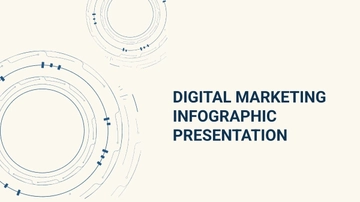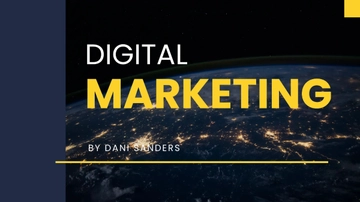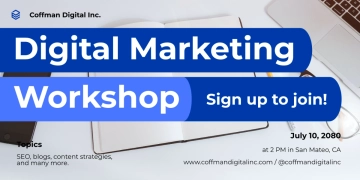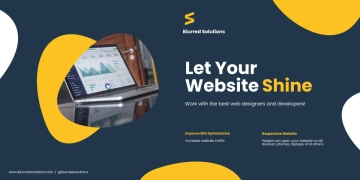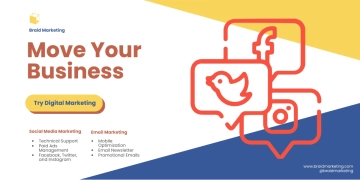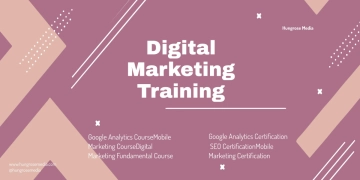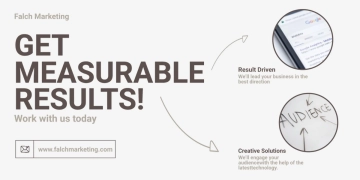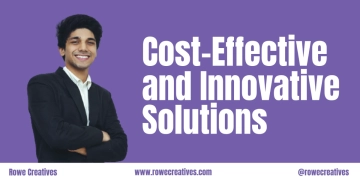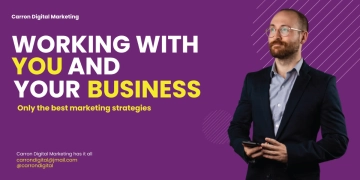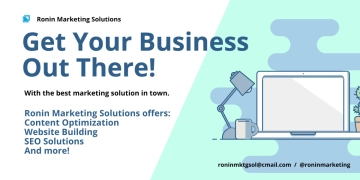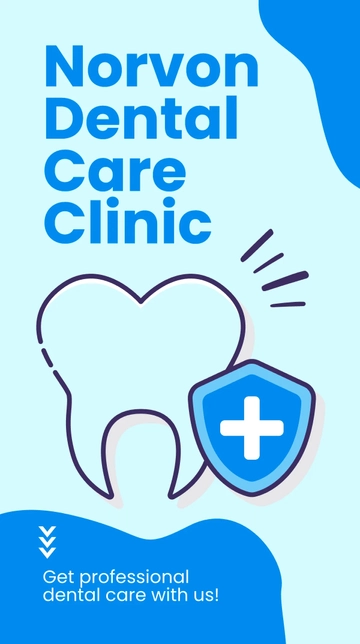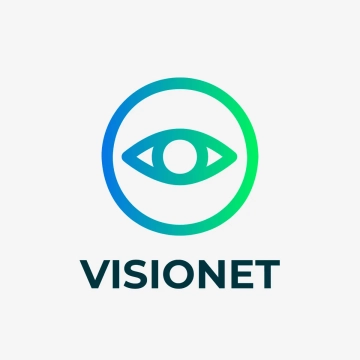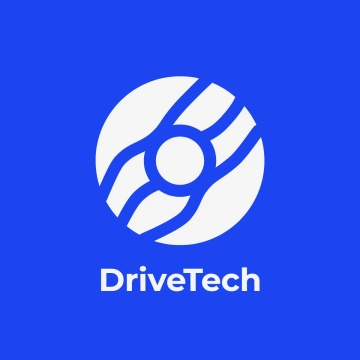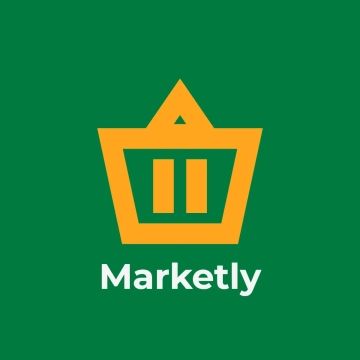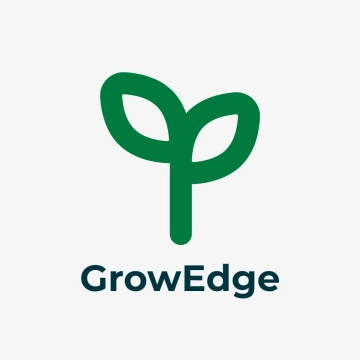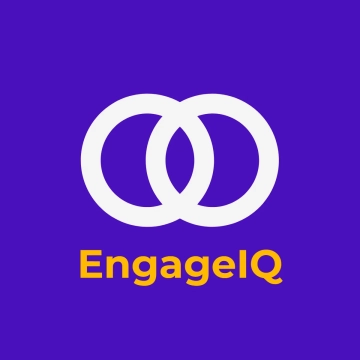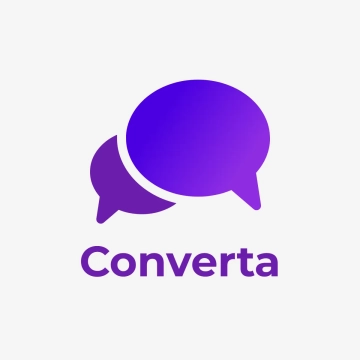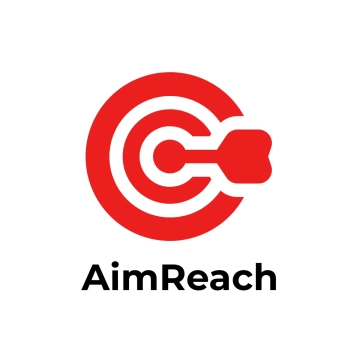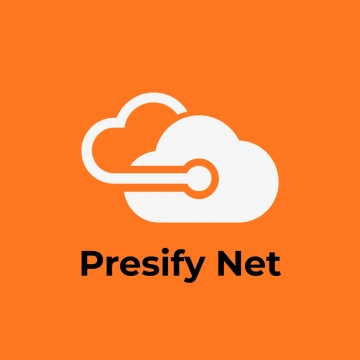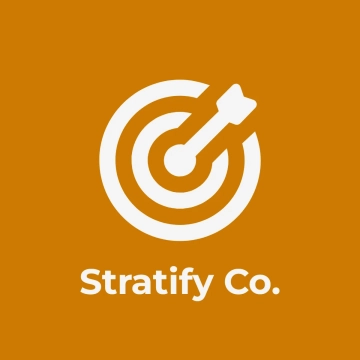Free Digital Content Marketing Strategy
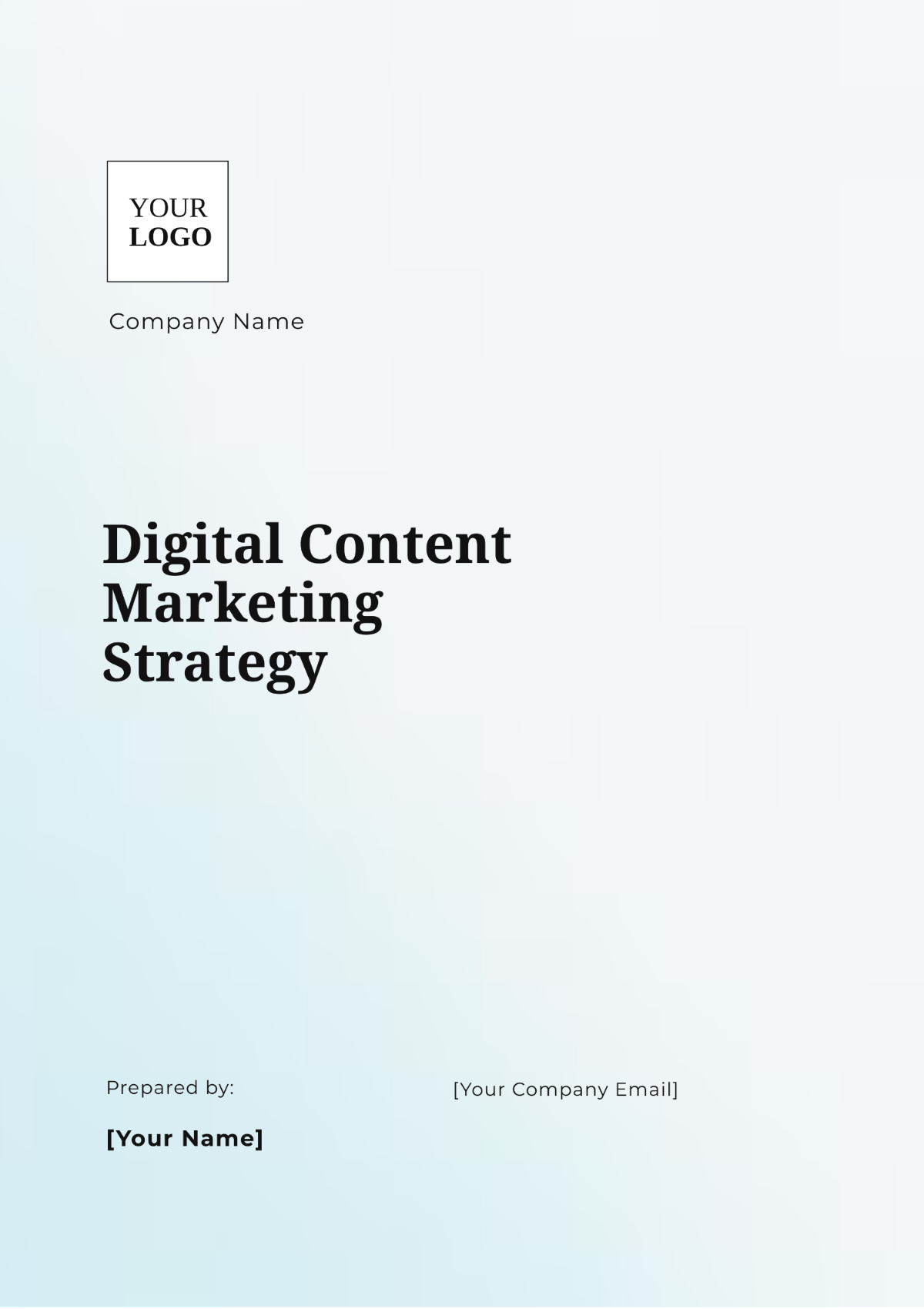
I. Executive Summary
In the ever-evolving digital landscape, a robust content marketing strategy is crucial for [YOUR COMPANY NAME] to effectively engage with the target audience, increase brand awareness, and drive conversions. This strategy outlines the comprehensive plan for creating, distributing, and managing high-quality content that aligns with our business goals and resonates with our audience.
II. Goals and Objectives
A. Primary Goals
Increase brand awareness and visibility
Drive traffic to our website
Generate leads and conversions
Enhance customer engagement and loyalty
B. Specific Objectives
Achieve a 30% increase in website traffic by Q4 2060
Generate 500 qualified leads per month by Q4 2060
Increase social media engagement by 40% by Q2 2061
III. Target Audience
A. Demographic Profile
Age: 25-45
Gender: All genders
Location: United States
Income Level: $50,000 - $150,000 annually
Education Level: College graduates
B. Psychographic Profile
Interests: Technology, innovation, sustainability, digital transformation
Values: Quality, reliability, ethical business practices
Pain Points: Need for reliable solutions, desire for up-to-date information, preference for engaging and interactive content
IV. Content Audit and Gap Analysis
A. Current Content Overview
Blog Posts: 200 articles covering industry trends, product updates, and how-to guides
Videos: 50 instructional and promotional videos
E-books: 10 comprehensive guides on industry topics
Social Media Posts: 1,000+ posts across platforms
B. Content Gaps
Limited interactive content such as quizzes and polls
Lack of case studies and customer testimonials
Insufficient focus on emerging trends and technologies
C. Action Plan
Develop interactive content (quizzes, polls) to enhance engagement
Create detailed case studies and customer testimonials
Focus on content related to emerging trends and technologies
V. Content Creation Strategy
A. Content Types and Formats
Blog Posts: In-depth articles, listicles, how-to guides
Videos: Tutorials, webinars, product demos
Infographics: Data visualization, process explanations
E-books: Comprehensive industry guides
Social Media Content: Short posts, stories, live videos
B. Content Calendar (Q1 2060)
Week | Content Type | Topic | Format | Responsible Team |
|---|---|---|---|---|
1 | Blog Post | Industry Trends 2060 | Article | Content Team |
2 | Video | Product Demo | Video | Marketing Team |
3 | Infographic | Sustainability Stats | Graphic | Design Team |
4 | E-book | Digital Transformation | Content Team | |
5 | Social Media | Customer Testimonial | Post | Social Media Team |
6 | Blog Post | How-to Guide | Article | Content Team |
7 | Video | Webinar on Innovations | Video | Marketing Team |
8 | Infographic | Technology Trends 2060 | Graphic | Design Team |
9 | E-book | Guide to AI | Content Team |
VI. Content Distribution Plan
A. Owned Media
Website: Blog, resource center
Email: Newsletters, promotional emails
Social Media: Facebook, Twitter, LinkedIn, Instagram
B. Earned Media
Guest Blogging: Industry-related websites
Press Releases: News outlets and industry publications
Influencer Collaborations: Partnerships with industry influencers
C. Paid Media
Social Media Ads: Targeted ads on Facebook, Instagram, LinkedIn
Search Engine Marketing (SEM): Google Ads
Sponsored Content: Native advertising on relevant platforms
VII. Performance Measurement and Analytics
A. Key Performance Indicators (KPIs)
Website Traffic: Monthly unique visitors, page views
Lead Generation: Number of leads, conversion rates
Engagement: Social media likes, shares, comments, video views
Customer Feedback: Survey results, customer reviews
B. Analytics Tools
Google Analytics: Website traffic and behavior
HubSpot: Lead generation and CRM
Hootsuite: Social media engagement
SurveyMonkey: Customer feedback
VIII. Budget and Resources
A. Estimated Budget (2060)
Item | Cost (USD) |
|---|---|
Content Creation | $100,000 |
Content Distribution | $50,000 |
Paid Media Advertising | $75,000 |
Analytics Tools Subscription | $20,000 |
Miscellaneous | $10,000 |
Total | $255,000 |
B. Resource Allocation
Content Team: Writers, editors, designers
Marketing Team: Social media managers, email marketers
Analytics Team: Data analysts, SEO specialists
By following this comprehensive Digital Content Marketing Strategy, [YOUR COMPANY NAME] aims to effectively engage its audience, enhance brand visibility, and achieve its business goals.
- 100% Customizable, free editor
- Access 1 Million+ Templates, photo’s & graphics
- Download or share as a template
- Click and replace photos, graphics, text, backgrounds
- Resize, crop, AI write & more
- Access advanced editor
Elevate your digital marketing efforts with Template.net's Digital Content Marketing Strategy Template. This detailed roadmap is designed to plan, execute, and measure your digital content campaigns effectively. Customizable and editable in our Ai Editor Tool, it covers everything from audience research to content distribution and performance metrics. Download it today!


